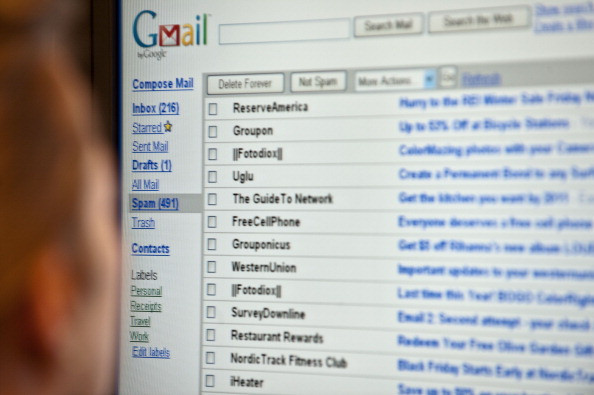AI is killing spam emails
Artificial intelligence is targeting spam emails and cleansing inboxes.
Spam emails have been an issue for way too long – more than four decades. They have been used for marketing products you didn't want, transmitting viruses or cajoling the susceptible out-of-money using Nigerian princes.
Many times, people's emails are leaked in leakages and hacks from services they have subscribed to. But, slowly yet steadily, spam emails have been decreasing. And, we have artificial intelligence to credit for that.
Andrew Tarantola, senior editor, Engadget found this when his SSN, birth date and email were leaked in an entertainment website hack. He was waiting for a deluge of spam emails, but he only got a few of them.
He looked further into the matter and found that Google was using Machine Learning to filter spam emails.
Neil Kumaran, Product Manager for Gmail, told the publication, "There are certain shops that generate email at scale, and will do this for any type of content. Then there are folks that focus very specifically on very targeted crafted phishing attacks, or they're doing spam for a particular organization or for a particular monetary benefit for them."
He further added that Gmail blocks about 10 million spam emails per minute and 100 phishing attempts annually. This is one field, where there is no alternative to AI. Since spammers are dynamic and keep changing tact while working with large volumes, it is imperative to learn on the go. Kumaran claims a majority of spam is generated in new ways never seen before. He calls machine learning "extremely useful."
The company introduced the new TensorFlow Machine Learning library earlier this year. TensorFlow detects a variety of spam including image-based messages, emails with hidden embedded content and messages created with new domains.
This is important because Gmail has the biggest chunk of users among email providers – 1.5 billion accounts to be precise. The company claims that it prevents 99 percent of spam emails from reaching your inbox.
However, the ultimate power to end spam messages will lie on the users. If users stop accessing spam, it will die a natural death, and spammers will have to look for alternative ways to sell their wares.

© Copyright IBTimes 2025. All rights reserved.





















